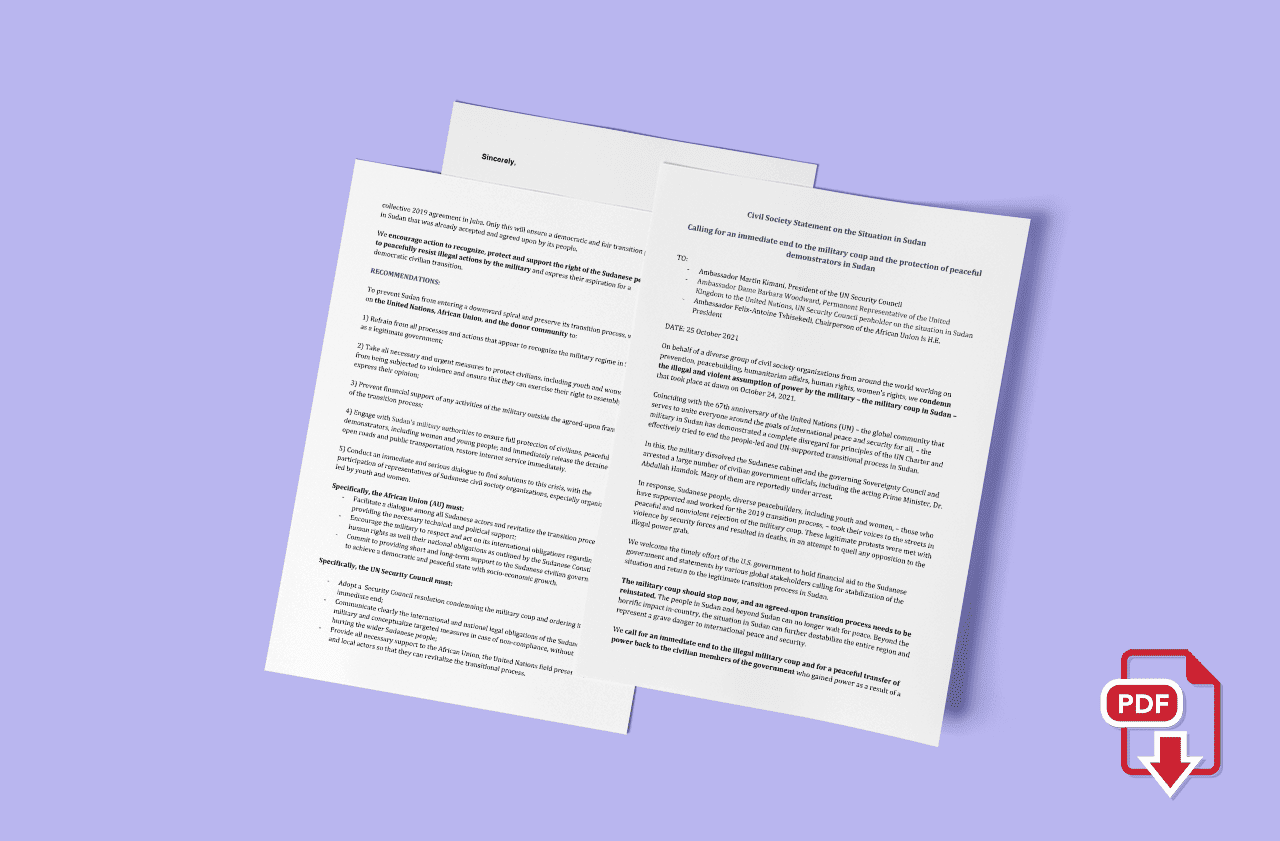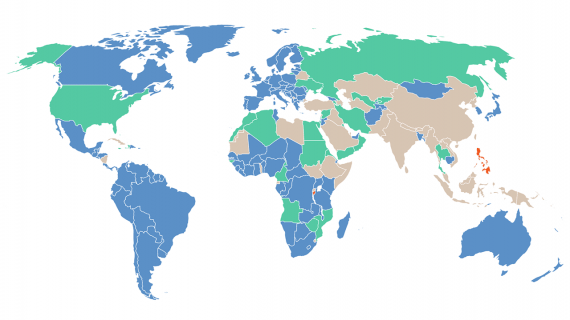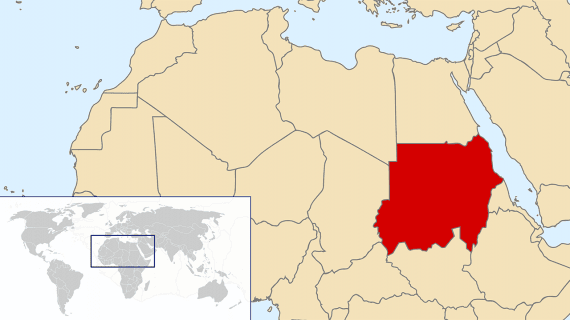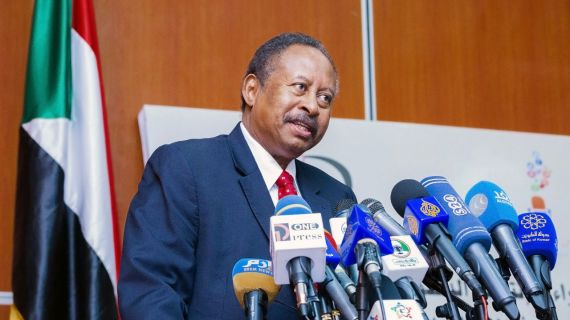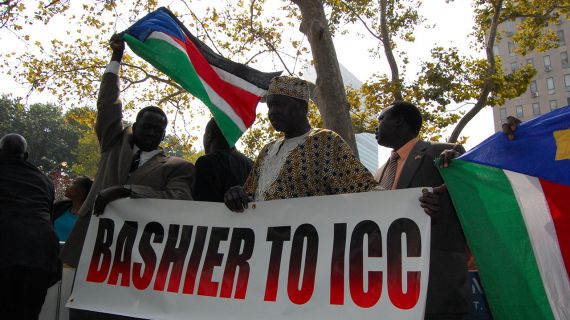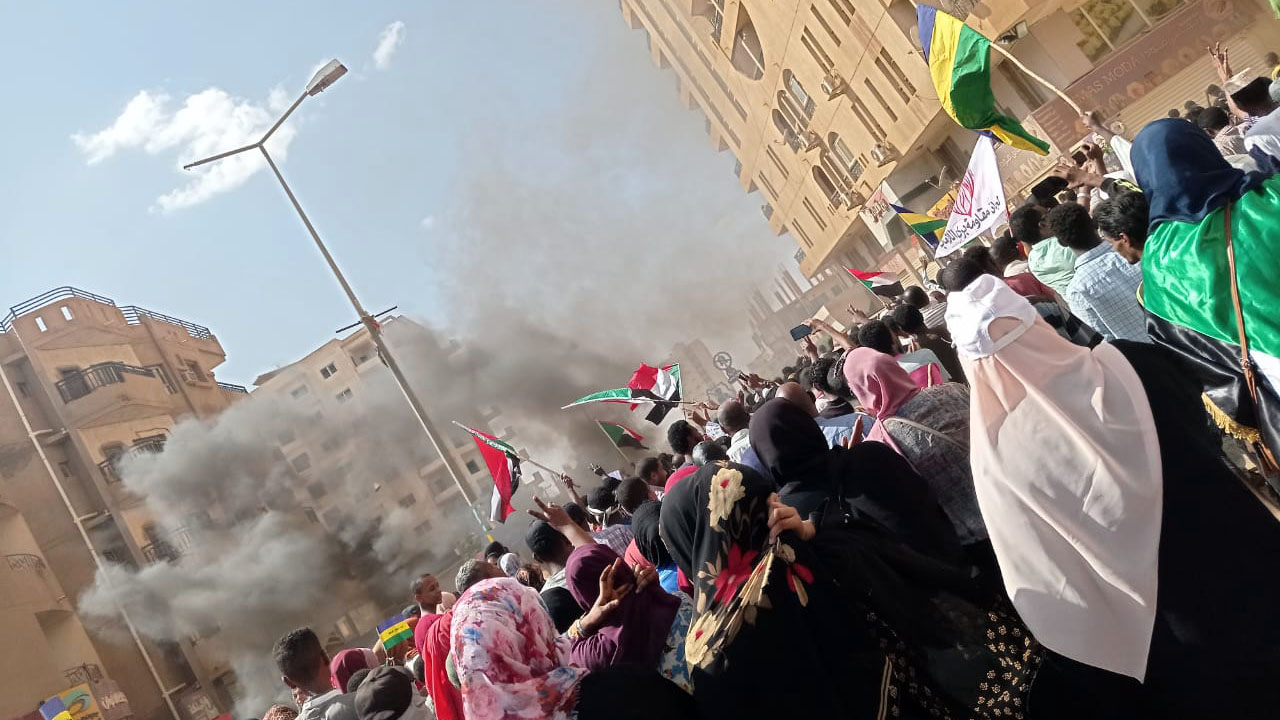
Osama Eid, October 2021 Sudanese coup d'état, cropped by PGA, CC BY-SA 3.0
The recent events that took place during the evening of Monday 25 October 2021 in Khartoum, Sudan, are yet more evidence of the worrying trend of democratic backsliding and power grab that undermines progress towards democracy, peace, justice, and accountability worldwide. Instigated by Sudan’s top general Mr. Abdel Fattah al-Burhan, the military effectively took control of the country last Monday, dissolving the power-sharing Sovereign Council and transitional government formed in 2019, bringing back old fears of repression and cycle of extreme violence in the country.
Under Omar al-Bashir’s authoritarian regime, the country got immersed in a thirty-year-dictatorial regime defined by gross human rights’ violations, aggressive armed conflicts, repression, corruption, economic decay, poverty, and inequality. The perpetuation of mass killings in the Darfur region under Bashir’s reign, allegedly amounting to crimes against humanity and war crimes according to the United Nations International Commission of Inquiry on Darfur established in 2004, triggered the UN Security Council’s referral of the situation to the International Criminal Court (ICC) in 2005, as a threat to international peace and security. Today, the ICC has outstanding arrest warrants against him and other suspects, accused of having committed war crimes, and crimes against humanity, as well as genocide.
Following the overthrow, arrest, and sentence of Mr. al-Bashir in August 2019 on corruption charges, Sudan seemed to have finally found its way to democratization. The military that ousted Mr. al-Bashir, met the demands of demonstrators who supported a civilian rule. The pressure exercised by the civilian population and pro-democracy defenders resulted in a negotiated plan aimed at moving towards a stable and more tolerant country. Since then, Sudan has been under a military-civilian-led government whose objective has been, until early this week, to tackle severe inequalities, economic reforms, human rights abuses, and renewed trust in political change.
Despite these concerted efforts to reverse decades of impunity and isolation - including laudable steps illustrated by the recent ratification of the UN Convention against Torture and Other Cruel, Inhuman or Degrading Treatment or Punishment (UNCAT) and the International Convention for the Protection of All Persons from Enforced Disappearances (ICPPED); the announcement to hand-over al-Bashir along with other suspects to the ICC; and the Juba Peace Accords signed between Sudan’s Transitional Government and representatives of several armed groups - pro-military factions have continued hampering this slow path to reform. In fact, just last month, the world witnessed another failed attempt to put the military in power: perhaps one of the many forerunners to the current crisis.
PGA notes with great concern the recent developments and calls for urgent action to stabilize the situation in the country as any move to detached from the modest, though significant progress made, jeopardizes the opportunity for the Sudanese society to transition to democracy. Moreover, this transition, rooted in the delivery of justice, accountability, reparation, and the fight against impunity, is necessary more than ever. If the military continues curtailing rights, weaponizing media, and repressing the free enjoyment of liberties, Sudan risks falling back to those years of dictatorship. Without fundamental respect for human rights and human dignity, no real progress can be achieved. In that respect, Hon. Rozaina Adam, MP (Maldives), on behalf of the Parliamentary Rapid Response Team (PARRT), stressed that:
[T]he coup d’état that took place a few days ago threatens not only the country’s efforts and gains to soothe a crippled economy, but also destabilizes an already volatile region with intricate situations unfolding in Ethiopia and Chad. We have already seen in Africa and elsewhere the dramatic consequences of resorting to military means to gain and maintain power. The civilian population, especially children and women, will be the ones paying the heavy price. This, unfortunately, will also mean that accountability for the commission of crimes of international concern will once again be delayed.
Notwithstanding the condemnations made at the national, regional, and international level, much more needs to be done. The United States’ suspension of a 700$ million package of economic support, the European Union’s threats to cut any financial aid, and the recent decision of the African Union to suspend Sudan over the coup d’état, may send a clear message to the military that the international community is ready to take action to rectify the situation. PGA also encourages States to impose Magnitsky-targeted sanctions against coup leaders and gross human rights violators, including freezing of private assets and, if not incompatible with the exigencies of international justice, travel bans as part of a broader political strategy in order to send a message regarding thesebehaviors.
Although PGA welcomed the pledge made to surrender suspects wanted by the ICC and to ratify the Rome Statute, and praises the signature of a memorandum of understanding between the Sovereign Council and the ICC Office of the Prosecutor, we cannot emphasize enough the importance of upholding these measures as they signal thecountry’s growing commitment towards international justice. Likewise, we urge the international community, civil society organizations, and other key stakeholders to move together in the same direction stepping up in the fight for democracy and human rights, justice, andother forms of accountability underthe Rule of Law.
Sudan must progress on the path to peace, justice, and democracy, and promptly reinstate its transitional government.

